Trainings, workshops, lectures, mentorships, systems-bulding, and design and management, on media communication and stakeholder relations.
Consultancies in Strategic Communication
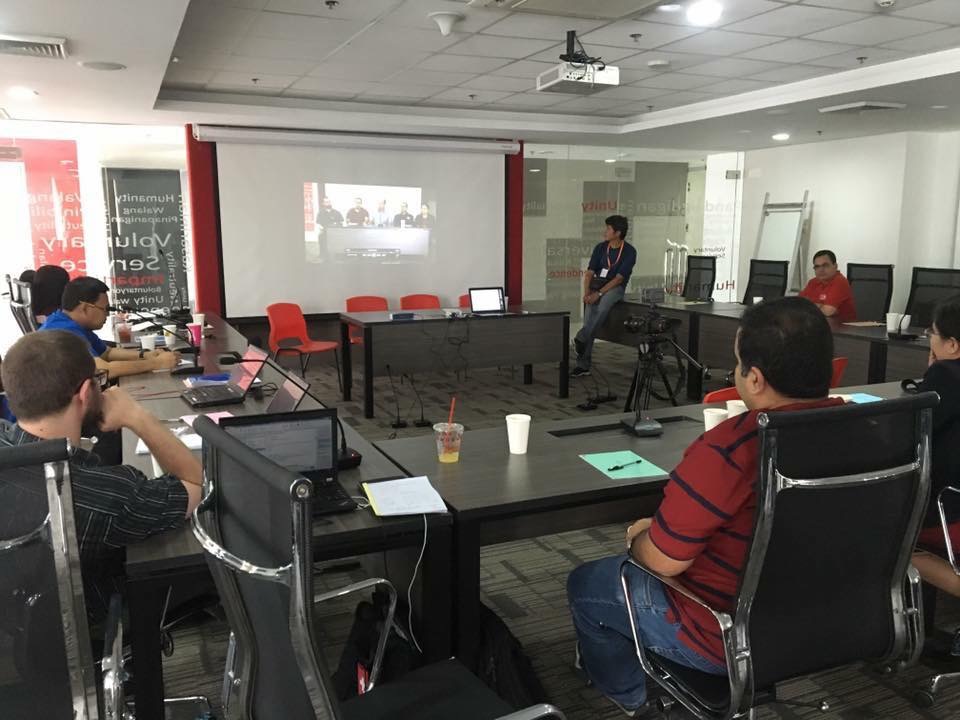
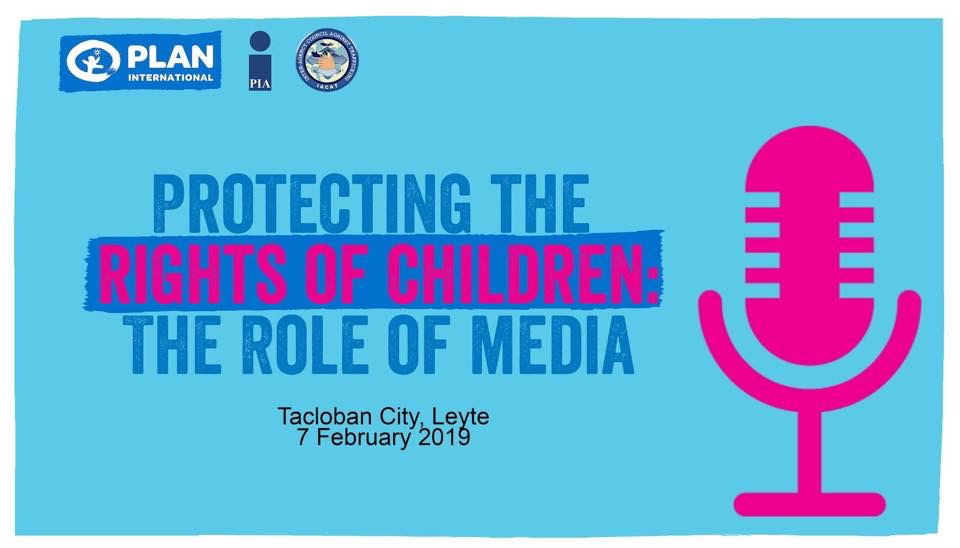
AS A communication professional who has had over 20 years experience in reporting the news, as well as in facilitating journalism trainings, instruction, and media support, I am also often asked to work with companies and civil society organizations on both internal and external commounication concerns and on stakeholder management. These engagements can sometimes be short-term or long-term, and can range from simple capacity building and mentoring, to more complex systems-buidling, staffing, and workflow management. But, regardless, they are always fulfilling.
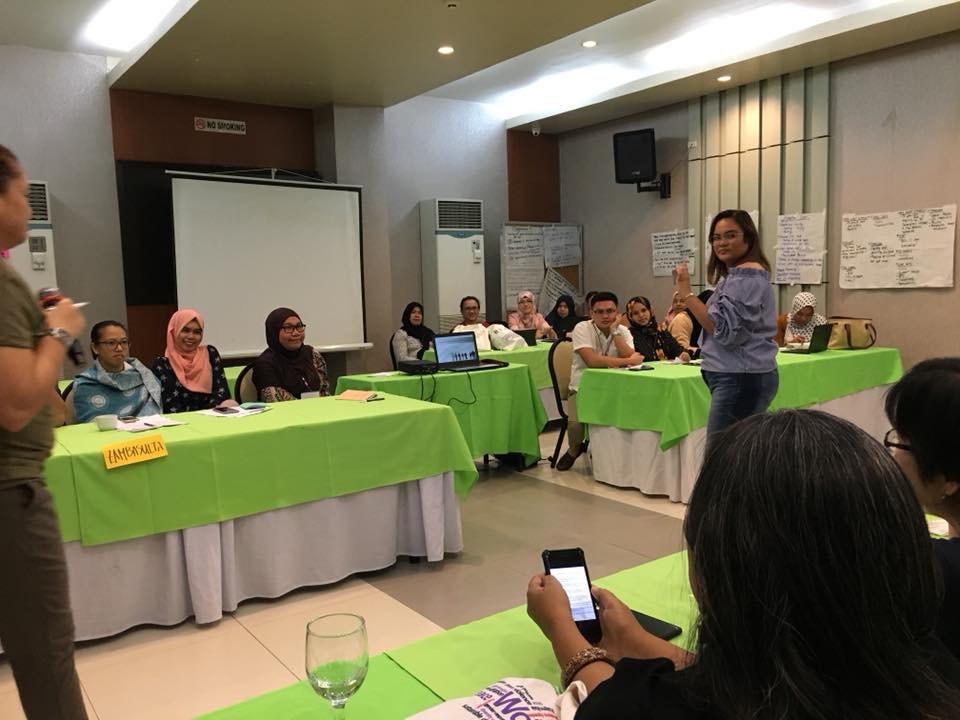
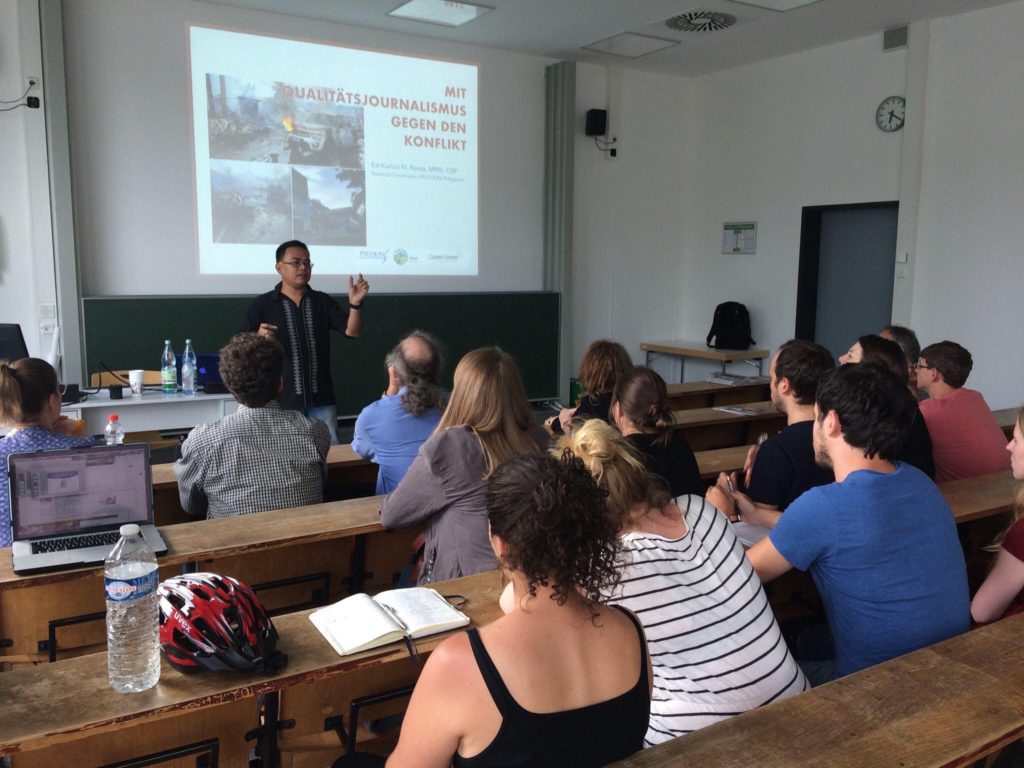
Conflict-Sensitive Journalism Workshops and Trainings
I’VE BEEN honored and blessed to, since 2013, journey with a group of teachers from communication-related programs (Mass Communication, Communication Arts, Development Communication, Language and Campus Journalism) of colleges and universities in the Davao Region, but which has now spread to other areas — Cagayan de Oro, Cotabato, and General Santos. This growing number of educators, officially the Media Educators of Mindanao, bound by a common goal of enhancing the quality of media/journalism practice through pre-service instruction in Conflict-Sensitive Journalism, take on the huge challenge of bringing the framework of CSJ into their classrooms, facilitating immersion and practice, and guiding research. All under the auspices of ForumZFD and PECOJON. From time to time, I provide trainings workshops. This collaboration brought us the first edition of The CSJ Teaching Guide.
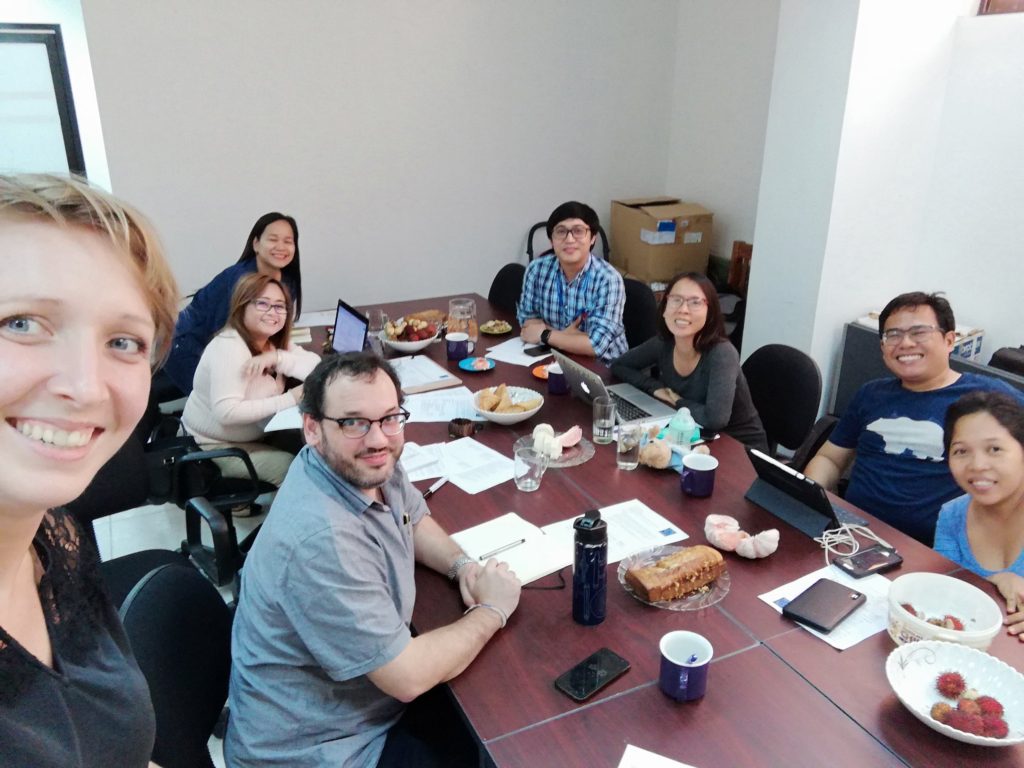
Coming soon: a CSJ research colloquium jointly organized by ForumZFD, PECOJON, and the Media Educators of Mindanao. With the colloquium, we hope to touch base with other media practitioners and academicians and work together to generate new knowledge on CSJ practice and instruction. Check back for the official event page.
Cebu Journalism and Journalists
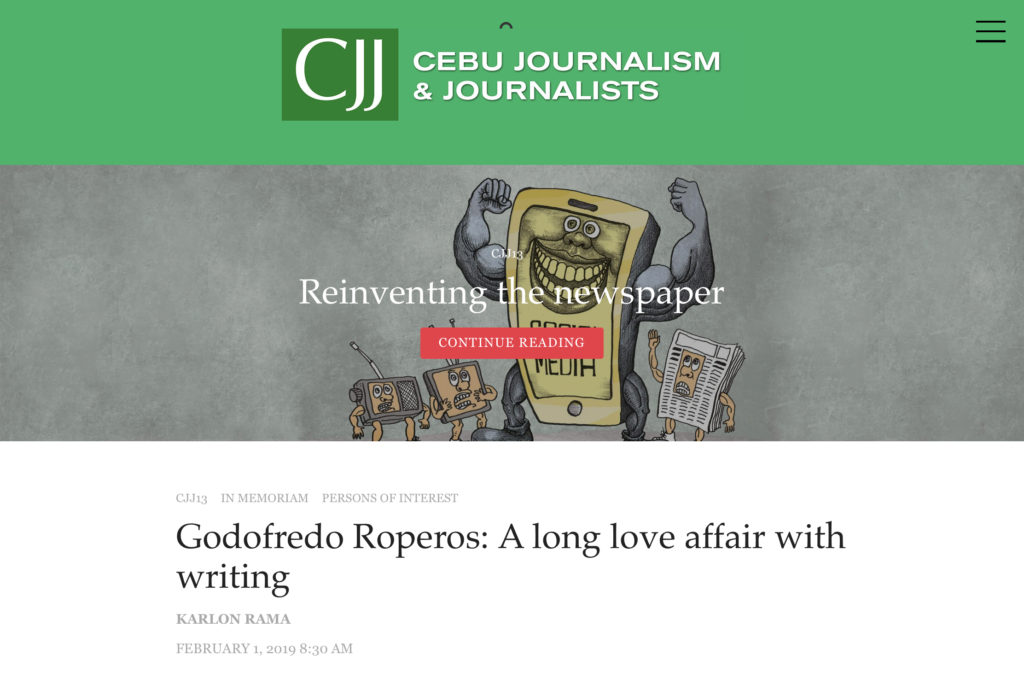
WHO REPORTS the reporters, journals the journalists? In Cebu, it’s Cebu Journalism & Journalists. Founded in 2004, CJJ is an annual publication with magazine format and contains articles and features useful to media practitioners, journalism and communication students, sectors that deal with the press, and media consumers. It also aims to help, along with the CJJ Gallery in Museo Sugbo and the CJJ Books, a section in the Cebu City Public Library, to collect information and ideas useful to Cebu media, its development and history. CJJ is non-profit and organized and managed by Pachico A. Seares, Cherry Ann T. Lim and Michelle P. So. It has worked with Cebu Citizens-Press Council and Cebu Press Freedom Week, Inc. whose purposes are aligned with CJJ’s mission. Whenever called upon, I write and/or edit for this publication.
Lectureship
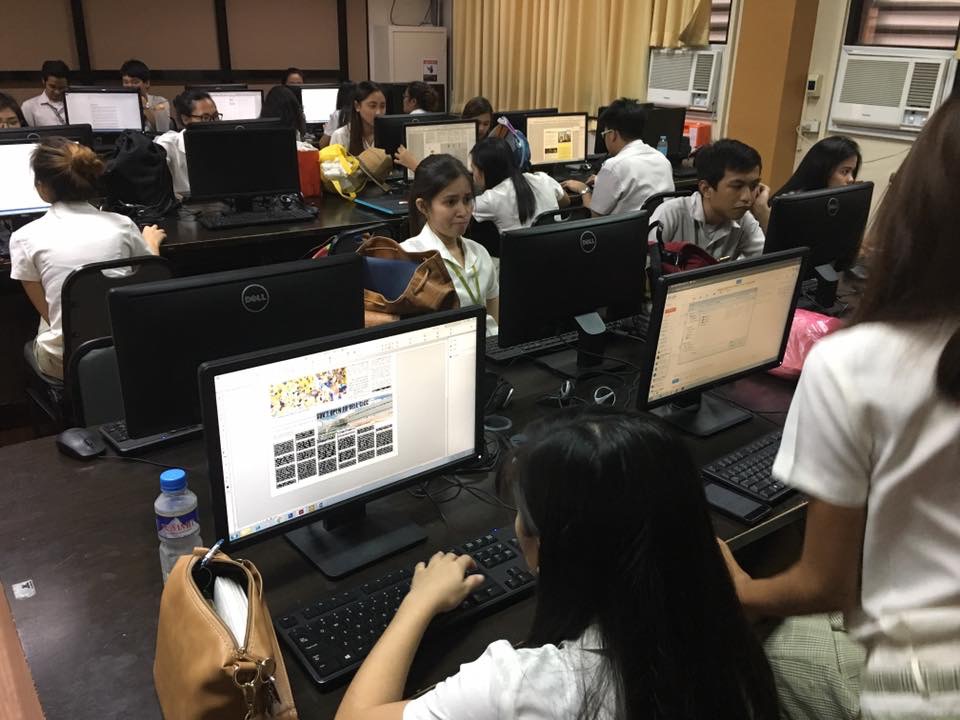
SOMETIME in 2011, I was asked to teach at the University of San Jose-Recoletos. I could only do it part-time, because of my other work. I nevertheless accepted it as an opportunity to share my love for the discipline and craft of journalism and communication. It turned out to be a very meaningful engagement that I am happy to continue doing up to this day, albeit with a different school — the University of San Carlos. The Bachelor of Arts in Communication Media program, implemented by USC’s Department of Communications, Lingusitics, and Literature, is one of the university’s newest curricular offerings. One of its highlights is Peace Communication. You are welcome to sit in any of my lectures, be it in Communication Theory, Principles of Journalism, News Writing, Investigative Journalism, or Online Journalism. Just drop me a quick message so entry into the campus can be arranged.
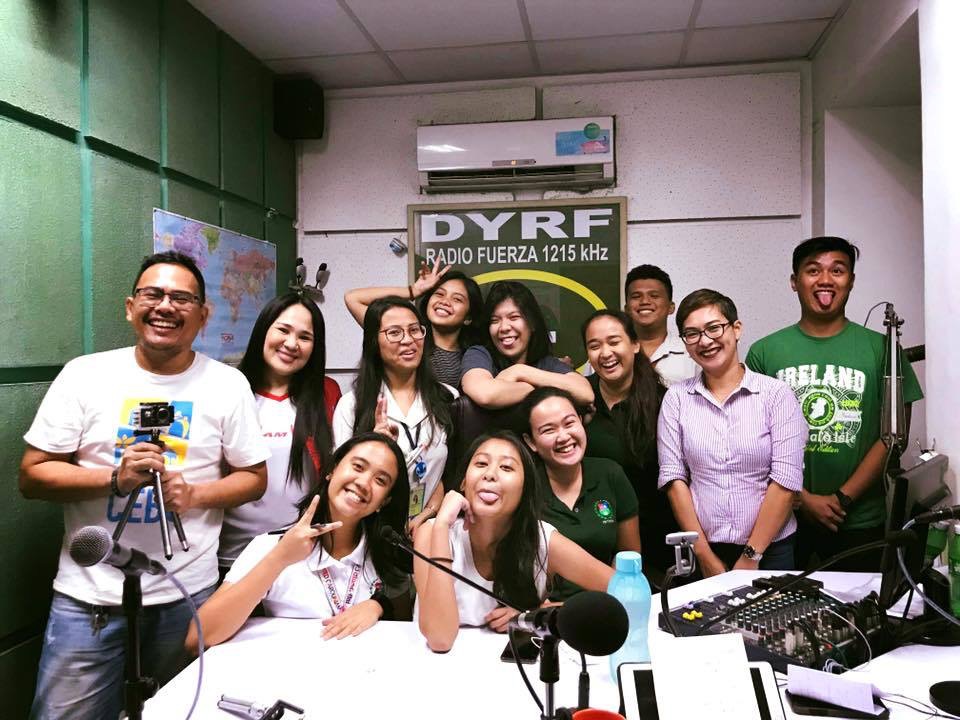
One of the things I get to do in USC is help a group of students — the USC Broadcasters Club — produce their weekly radio show on DYRF-AM, a local radio station broadcasting at 1215 KHz. The show is called Bulawanong Tunob and is a developmental program that talks about contemporary issues vis-a-vis the country’s sustainable development goals. Because it operates under the auspices of the DCLL, it also banners the lastest in arts and literature. But because it is almost completely run by students, the discussion can be pretty… well, you’re just going to have to catch it to know what I mean. The program airs every Friday, from 6 p.m. to 7 p.m., and is also livestreamed on Facebook and via the DYRF App on the App Store and Google Play.
